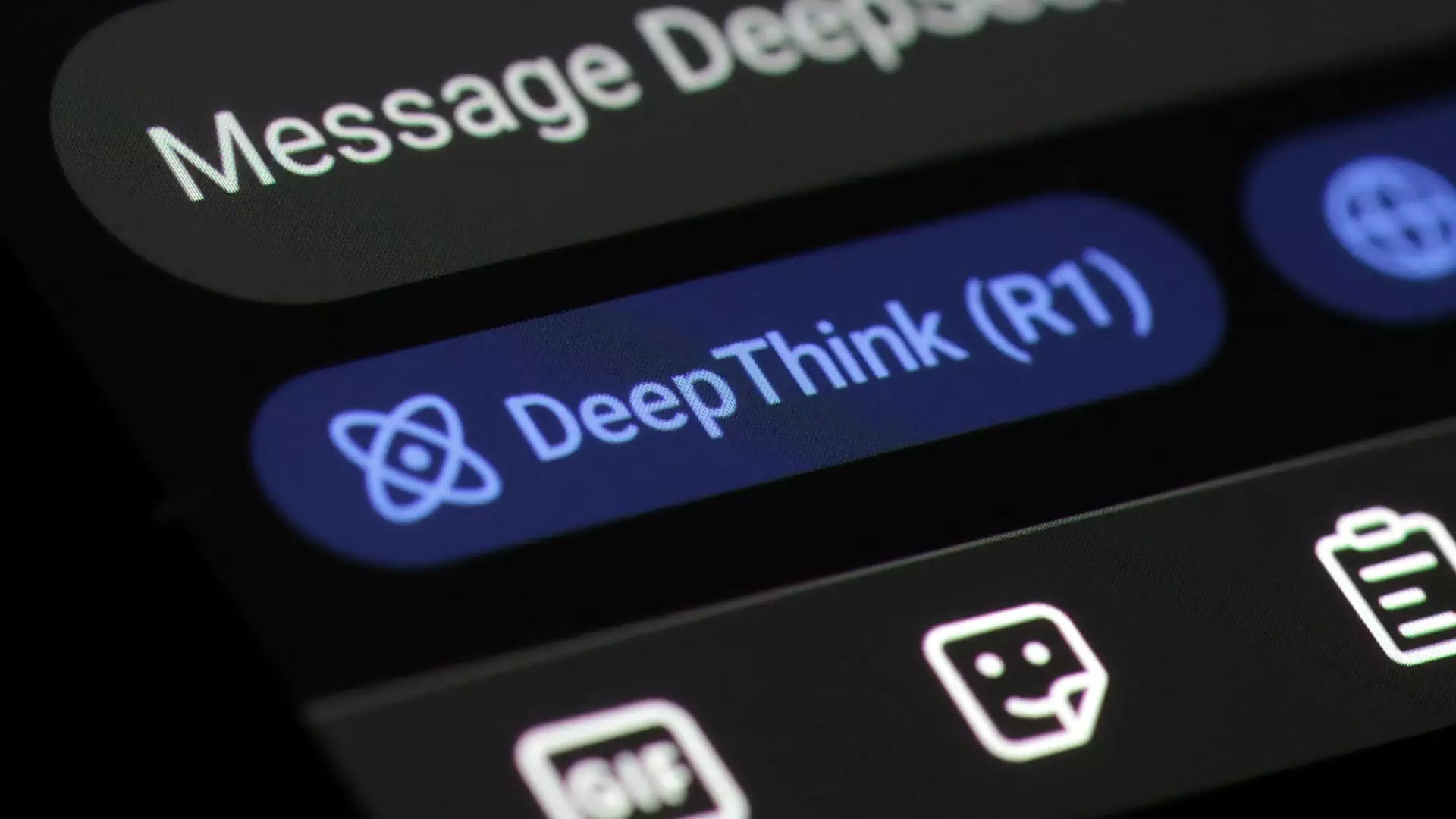Recent developments surrounding China-based AI firm DeepSeek highlight significant challenges in the global tech landscape, particularly regarding compliance with export controls. As reported by Singapore’s Ministry of Trade and Industry (MTI), there are growing concerns about the semiconductors used in DeepSeek’s large language model, especially in light of recent U.S. regulations restricting the sale of advanced AI chips to China. This situation illustrates the complexities faced by companies navigating international laws influenced by political dynamics.
DeepSeek has made headlines this week by asserting that its AI model outperforms established competitors like OpenAI at a fraction of the cost to train. Such claims could potentially disrupt the AI market; however, they have also drawn scrutiny regarding the legality of the technology’s underlying hardware. Questions have emerged about whether DeepSeek sourced its advanced chips, notably from Nvidia, in compliance with U.S. export laws. This not only raises legal questions but also adds a layer of anxiety for investors and stakeholders concerned about international business ethics.
MTI’s statement reinforces Singapore’s commitment to uphold legal standards and attract reputable companies, emphasizing that any transactions involving U.S. technology must align with both U.S. export controls and local regulations. The ministry explicitly stated its expectation for companies, such as Nvidia, to adhere strictly to these laws. This underscores a layered partnership where both countries must collaborate to ensure compliance and monitor any anomalies in tech exports, particularly to sensitive regions like China.
In the broader context, Nvidia’s acknowledgement of the situation is pivotal—indicating that it perceives no evidence of wrongdoing regarding DeepSeek’s acquisition of its products. Nvidia emphasized that Singapore accounts for a substantial portion of their revenue, yet clarified that much of this activity relates to shipments directed elsewhere. Such explanations may serve to alleviate potential regulatory scrutiny but also highlight the intricate web of supply chains where products often change hands multiple times before reaching their final destination.
The recent events surrounding DeepSeek and the inquiries into its supply chain reflect a critical moment for the global AI industry. As nations impose stricter export controls, the pathway for advancements in AI technology will be increasingly fraught with regulatory challenges. Companies will need to develop robust compliance frameworks that not only satisfy domestic laws but also navigate international restrictions. The unfolding narrative demonstrates the necessity for fundamental checks within the tech ecosystem, as the intersection of innovation and regulation will undoubtedly shape the future of AI development on a global scale.

Leave a Reply